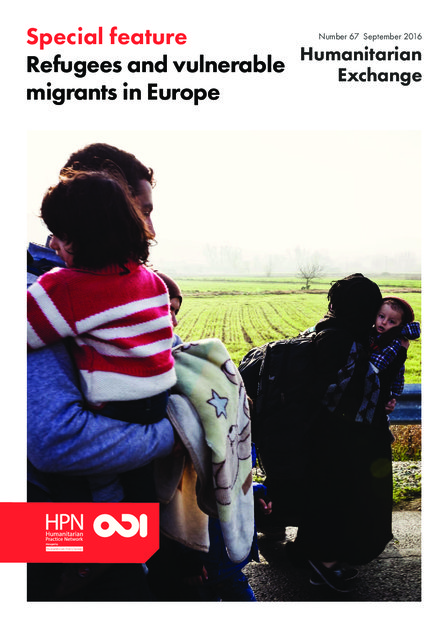
In May, the World Humanitarian Summit brought governments, the UN, NGOs and the private sector together for wide-ranging discussions on how to improve humanitarian response through innovative thinking, better coordination and stronger participation. Yet even as leaders were pledging their commitment to humanitarian principles and standards, families from Aleppo were sitting in the hot sun in Greece, many without even basic shelter. These people were emphatically not ‘participating’ in the planning for their well-being or being ‘empowered’ in their relationships with local authorities. Child refugees travelling alone were left to fend for themselves in Athens, Paris, Rome and Calais, exploited and abused. Across Europe, the birthplace of modern humanitarianism, women who had suffered egregious sexual exploitation and violence in Libya were labelled economic migrants, not refugees, and thus deemed not eligible for either asylum or humanitarian assistance. Although some European states offered asylum and a future to those arriving, many others did not.